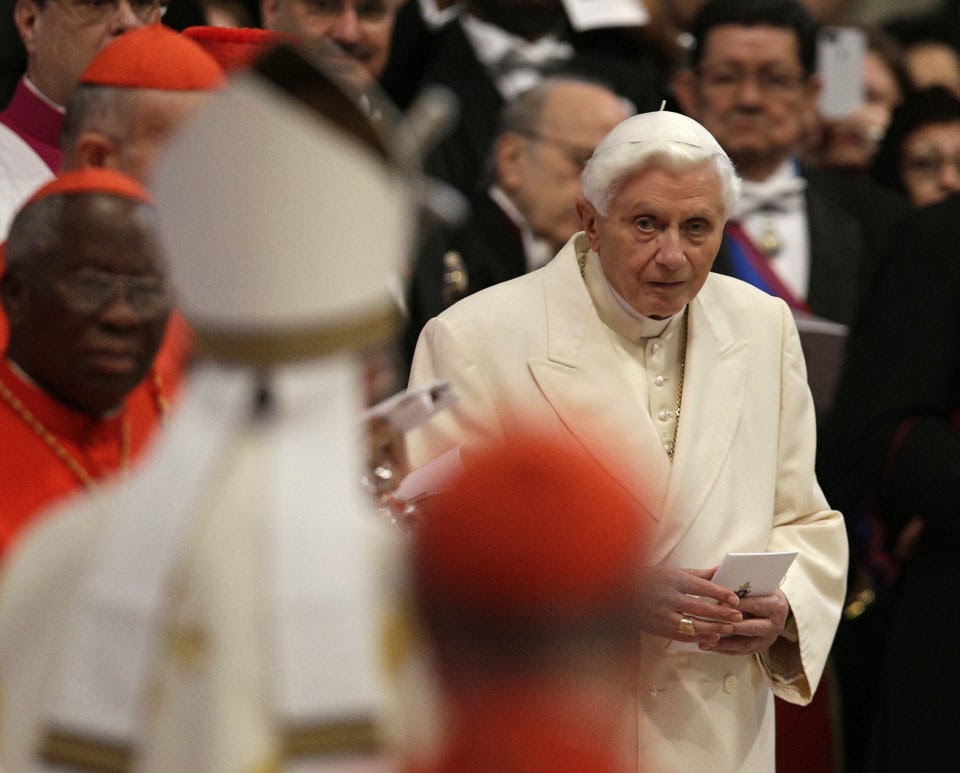From the why are the non reactionaries [?] acting like such a bunch of over-reactinaries file:
As New Catholic put it in a Tweet the other day, the Patheos inquisition (a funny reference to Zmrick's smear) is at hand, and when the indifferentists over there (if you want me to state why I call them that just ask) continue to throw a tizzy.
Now step in a new voice at Patheos to shame the Audio Sancto priest:
Apparently there is an audio lecture going the rounds slamming Tolkien. I haven’t listened to the lecture, but I understand it is along the lines of “Nobody ever came to faith and was baptized by reading fantasy novels like Lord of the Rings and there’s no myth or fantasy literature in the Bible so what good is it?” Whether I am over simplifying the lecturer’s point or not doesn’t matter, because he does raise an interesting question: Is J.R.R.Tolkien an evangelist or not?
I guess I should be grateful that he doesn't attack RC as being neo-pelagian rad trad reactionaries but still why is so hard for these people to get the point of the talk?
The main thrust of the talk was not whether Tolkien is or is not an evangelist. For that matter Dante in his Divine Comedy is guilty of putting a now canonized pope in the eternal fires so there is a problem there. But the difference is that people recognize the problems in the comedy and dont hide them thinking the work sacrosanct.
First if you he admits to not listening to the talk, but taking his cues from hearsay.
Second from this hearsay he then connects supposed dots that this is an attack on Tolkien. (A note here there is a logical fallicy here that the homosexuals fall into as well not being able to seperate their person from the things they do)
Third the priest mentioned that he knew of no one that came to the faith through the Lord of the Rings. He is speaking about how the story does not directly bring people to the faith until others show the good points then they can play off these things, but they then ignore the problematic aspects.
If the book helps people come into the faith great. But for those that are not familiar with the audio sancto sermons the priest has been focusing on the inability of some to directly call out error even in inconvienent situations. In the sermon called "Hatred of Heresy"he calls out Fulton Sheen indirectly for promoting heretical bible commentaries. The point is that we have become so focused since the council on showing the positive aspects of things that we have lost the zeal to point out the troubling aspects.
A person is not his work. Whether there are people that come to the faith by the works of Tolkien directly or indirectly is not the point of the sermon when you trace the theme over the last few months.
The point is whether or not we are willing to recognize problems then they come up, or whether we will side step the issues out of comfort.
Why is this so complicated?






